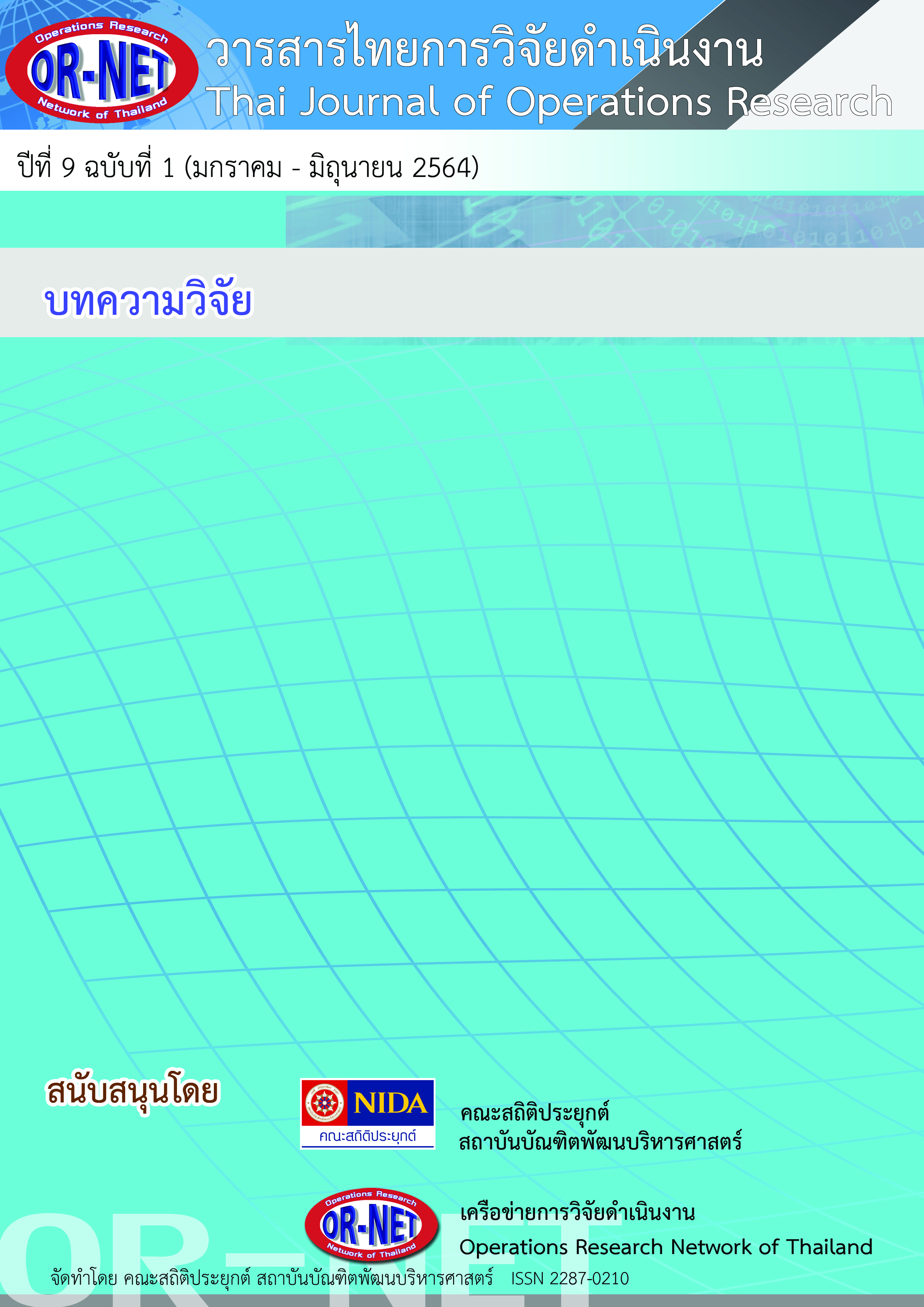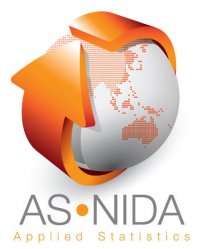Proximal Policy Optimization on Casual Restaurant Raw Material Stock
Keywords:
Reinforcement Learning, Machine Learning, Raw Material StockAbstract
This research focuses on the Proximal Policy Optimization Algorithm of Reinforcement Learning to make a forecasting model of raw material stock in restaurants. Due to the restaurant's daily raw material stock ordered. There is a high deviation from the number of raw material stock used. The rest of the raw material stock become food waste. This causes fermentation and the formation of methane gas to rise to destroy ozone in the atmosphere. Which is the main cause of the greenhouse effect. This research investigated a One-Attribute Model and a Multi-Attribute Model. The dataset used in this research is synthetic data that use the normal distribution theory to make it. The model's performance was assessed using F-statistics, R-Square, and RMSE. We trained each model trained 12 million timesteps. The result showed that the Multi-Attribute Model would converge to the value optimization faster than the One-Attribute Model. We found that both models' accuracy is about 82 percent of the number of the test set where the number of the test set is 1,000. From this research, we can learn how to apply the Proximal Policy Optimization Algorithm of Reinforcement Learning make a forecasting model of raw material stock. To be able to forecast the number of raw material stock. As close as possible to the number of raw material stock used and it can reduce the number of food waste.




